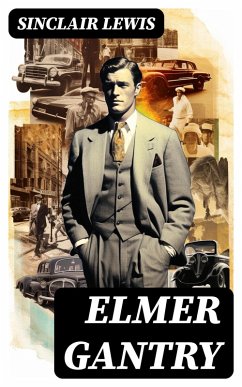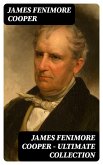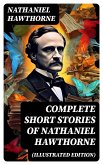Sinclair Lewis's 'Elmer Gantry' is a piercing satire that exposes the dark underbelly of American religious fervor during the 1920s. Through the vivid portrayal of its titular character, the novel juxtaposes personal moral failings against the backdrop of public piety, scrutinizing the often-blurred line between faith and fanaticism. Employing a sharp literary style characterized by incisive irony and biting social critique, Lewis constructs a narrative that is both richly evocative of the era and timelessly reflective of the complexities inherent in American evangelism and its susceptibility to corruption and charlatanism. It's a book deeply seated in the Roaring Twenties, engaging with the cultural and spiritual contradictions of the time. Sinclair Lewis, a titan of American literature and the first American to receive the Nobel Prize in Literature, channels his acute observations of the American psyche into 'Elmer Gantry.' Known for his astute commentary on society, Lewis's own experiences and observations of the American religious landscape informed his creation of Gantry, a character who embodies the author's cynicism towards institutionalized religion and the ease with which it can be manipulated for personal gain. This novel is a testament to his life's work of exploring and exposing the social fabric of the United States. 'Elmer Gantry' is a must-read for those interested in literature that delves into the American condition, the interplay of personal hypocrisy and societal values, and the intricate dance of sin and salvation. Lewis's masterful storytelling beckons the reader to examine the cultural forces that shape our actions and the ever-relevant question of authenticity in one's beliefs. This book is recommended for readers who relish thought-provoking narratives that challenge conventional wisdom and offer a mirror to our own times and troubles.
Dieser Download kann aus rechtlichen Gründen nur mit Rechnungsadresse in A, B, BG, CY, CZ, D, DK, EW, E, FIN, F, GR, H, IRL, I, LT, L, LR, M, NL, PL, P, R, S, SLO, SK ausgeliefert werden.










